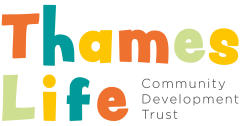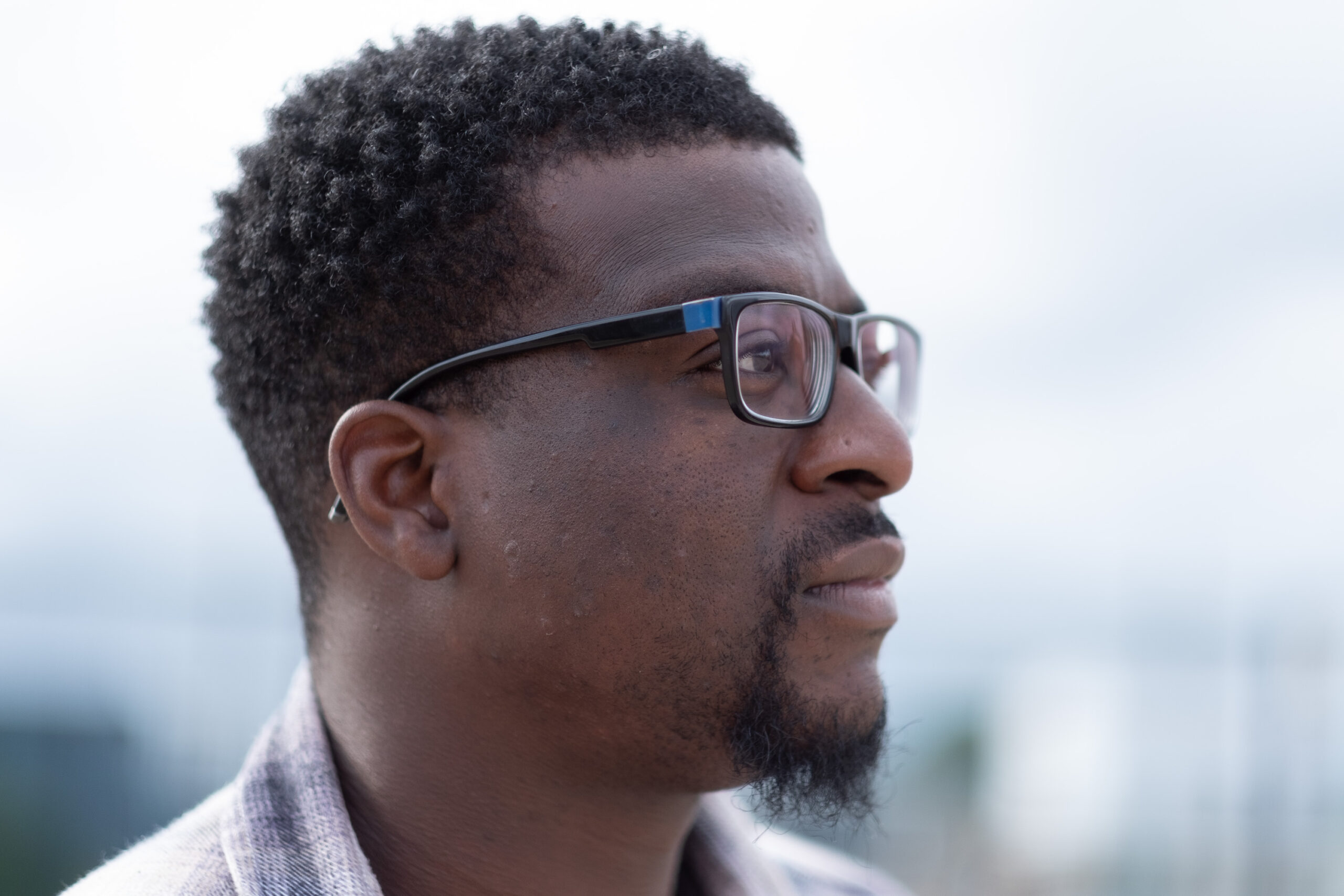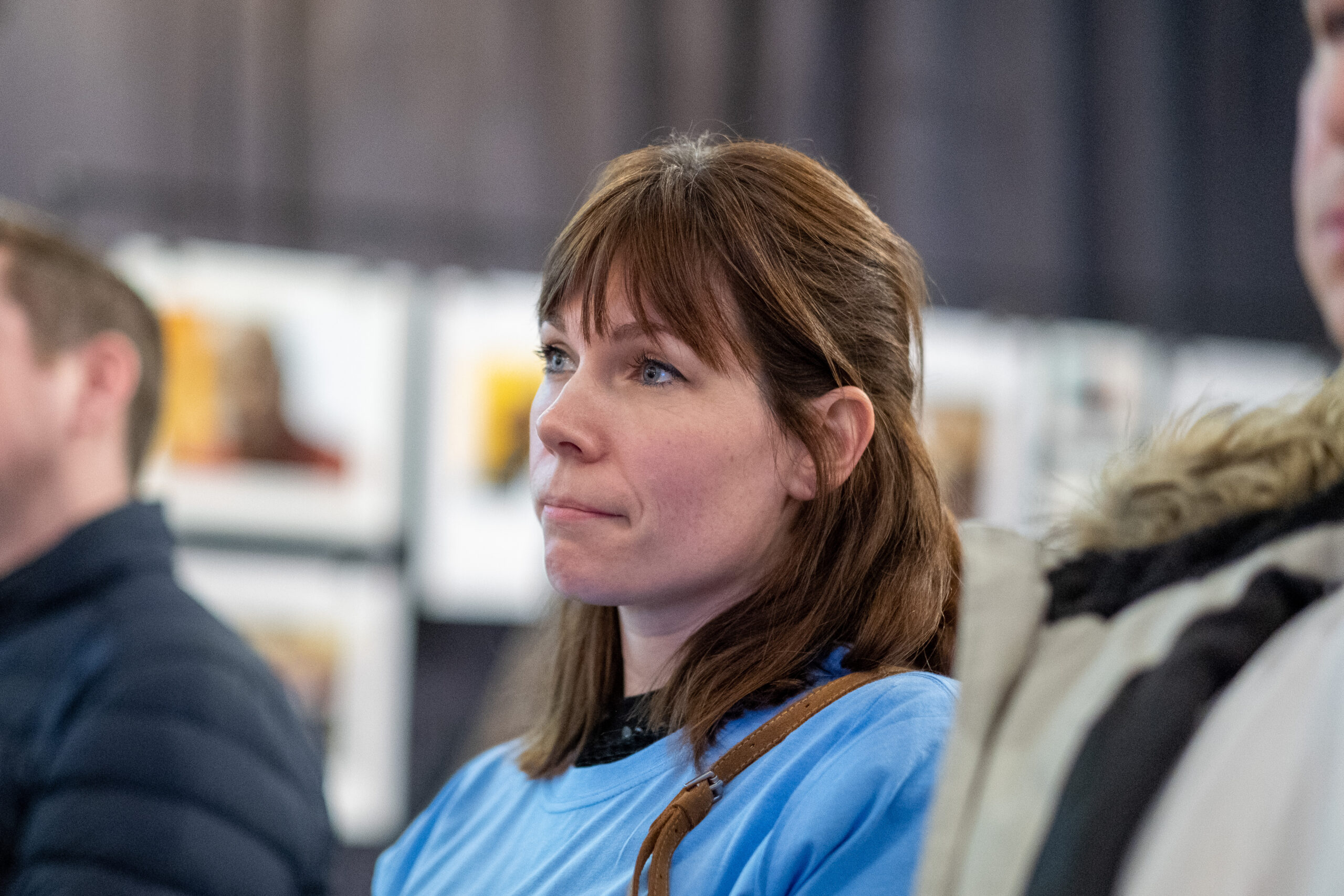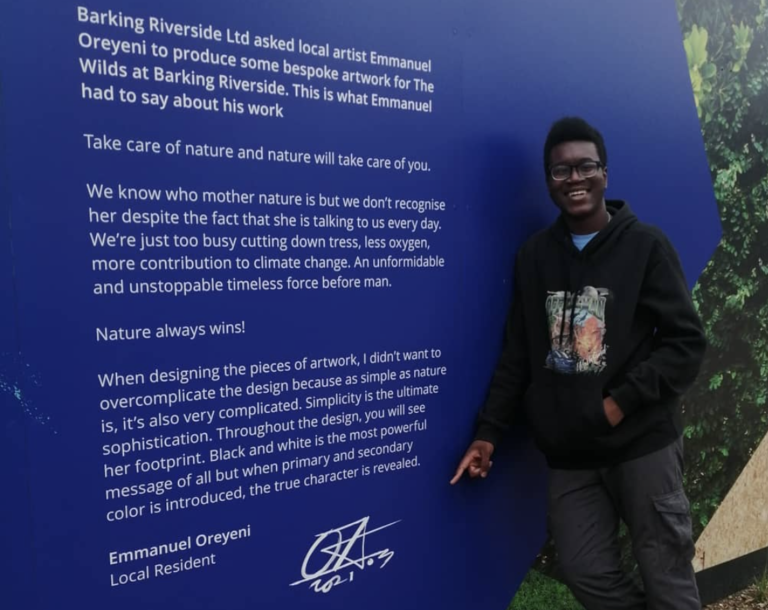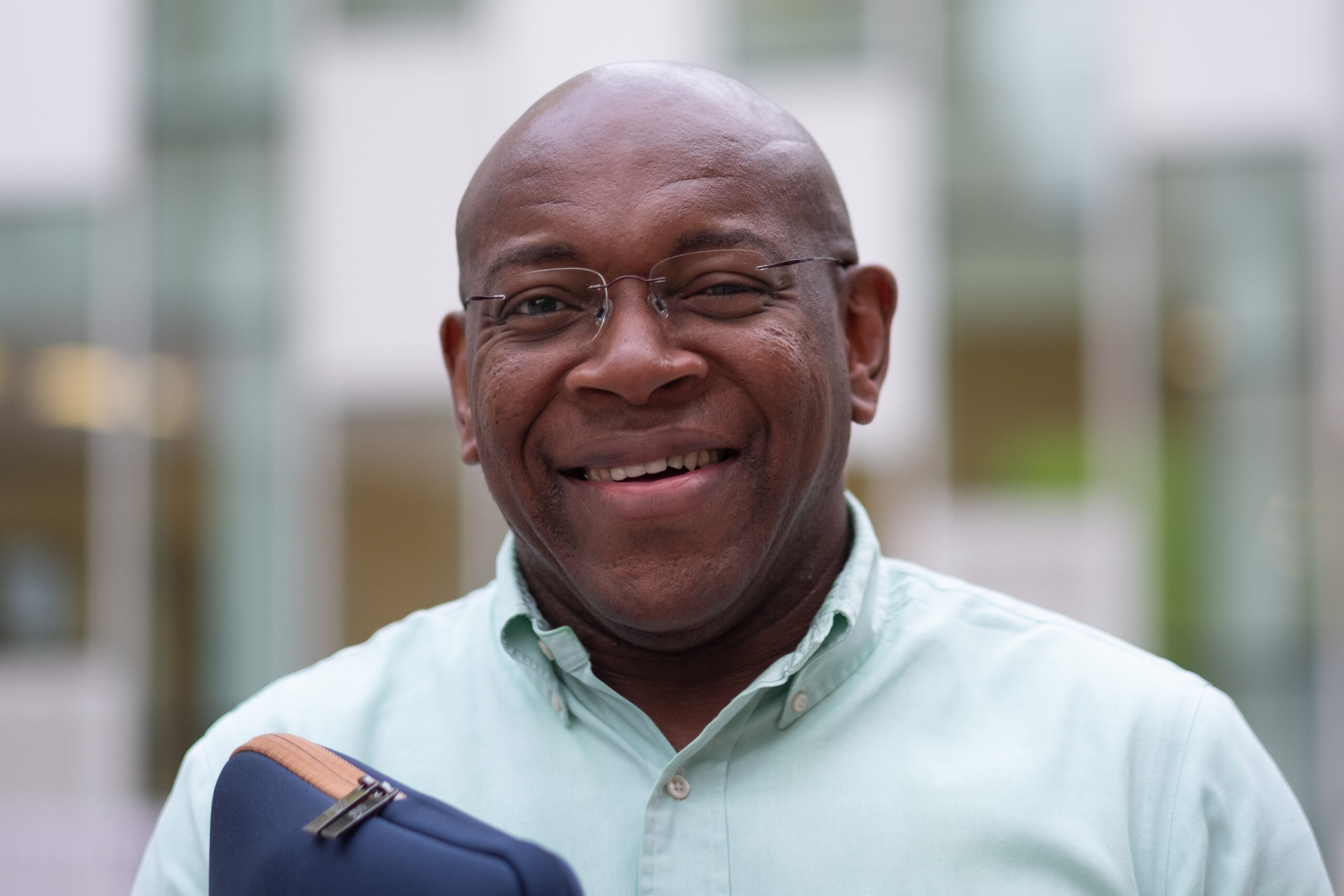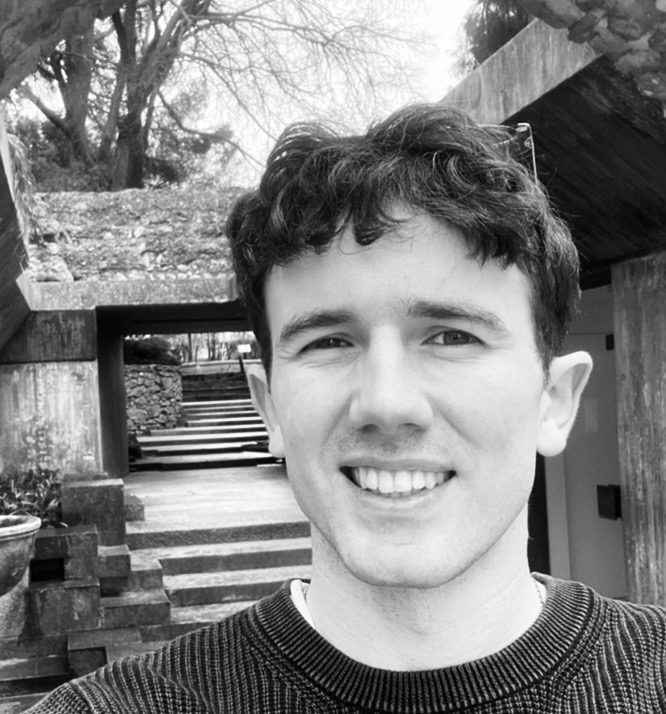Having lived and grown up in Thames View for over 20 years, I have seen many changes in the area and always wondered how one becomes a part of change in the area. How can I be a part of something that is progressive in the area, and where is the opportunity to give back to the community that influenced the person I am today. With all the changes happening, are we building a community that future generations can benefit from and feel a sense of belonging? Do the young people have a voice/platform to be able to be a part of the community or just be labelled as a nuisance to the community. These are a few questions, which were constantly in my mind.
My involvement with TWCP started by being invited to a meeting at Riverside School about the Opera House coming to do workshops in the area. Due to my work as a music producer/DJ I was intrigued as to how this would work in the local area as this was all new to me. This began to spark ideas on whether I could run some music workshops locally. I was introduced to Jamie and had a great conversation where we spoke on the local challenges and concepts of resident-led initiatives, which would allow residents to be a part of shaping the community. This seemed like a perfect solution to some of the questions that I had and as time went on, I became more involved.
My new role as Co-chair
My new role as co-chair, first of all let me say it’s an honour! To be honest I never saw it coming however it a privilege being able to share my views on my community. I never want anyone to feel like I’m the only voice for the community because I’m not. Having lived in the locality I feel I provide a view point that is needed. I too am also in a learning process, which can be daunting but I’m happy to be here serving the community that has shaped me.
The Future of TWCP and Thames Ward
Coretta Scott King once said “The greatness of a community is most accurately measured by the compassionate actions of its members.” My dad always used to tell me this African proverb “If you want to go quickly, go alone. If you want to go far, go together.”
You may ask why I have said this, I feel the residents of Thames Ward have shown where its heart is via the various resident initiatives being set up reaching the community. I believe in order for us to go far together as a community group we need to be on the same page strategically showing how the community voice is heard. If we educate ourselves on the ways we can be solution-focused when talking to partners like the council, developer and other stakeholders, being bold but strategic in our asks to do great things.
I’m really excited to see the growth of TWCP within Thames Ward and the borough, achieving our mission of being a catalyst for sustainable community-led change. That goal may take on different forms and may be subject to change due to the nature of change happening within the borough. I would love to see in the near future community assets being placed in the hands of the community to run. It would be my dream to have a local music studio in order to develop young local talent within the area and provide work experience for those who have career ambitions in the music industry. Ultimately, whatever form sustainable change looks like, at its core it will always place the community first and create a space where resident voice is seen, heard, and valued.
Co-chair and resident trustee of TWCP
